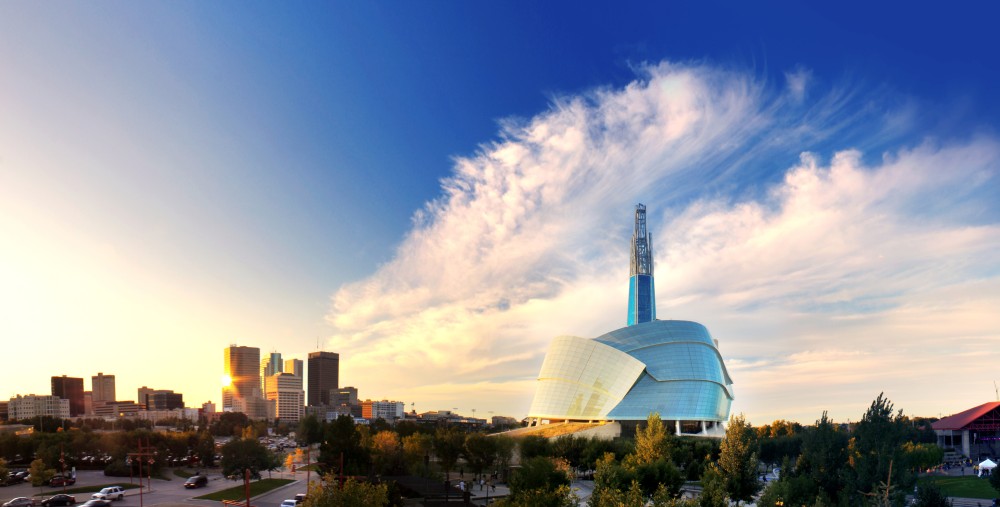A critical step in shaping our economic and climate future is crafting a robust energy plan. While B.C.’s newly formed NDP government has promised action, British Columbians are still waiting for clear priorities to be set. Although promising, B.C.’s Clean Energy Strategy, completed just before the election, lacks the ambition and specific actions needed to meet future energy demands and decarbonization targets, and capitalize on the growing global clean energy market. Manitoba provides a strong model on how these shortcomings can be tackled.
The prairie province has raised the bar for energy planning across Canada with its comprehensive Affordable Energy Plan. The blueprint focuses on affordability, energy efficiency, and grid resilience and prioritizes net-zero targets and clean energy competitiveness. For B.C., long considered a leader in climate and energy policy, this should serve as a wake-up call.
B.C. and Manitoba share a history of public utilities designed to deliver affordable, reliable electricity. Both provinces have benefitted from having abundant hydro resources to power homes and businesses while keeping energy costs low. As the global clean energy transition accelerates – with two-thirds of energy capital investment in 2024 expected to go to clean technologies – Manitoba’s forward-looking plan shows how energy systems can evolve.
Manitoba’s plan emphasizes energy efficiency and low or no emissions heating (clean heat) to reduce household energy costs and strengthen the grid. These are the principles that B.C. must embrace as it puts its Clean Energy Strategy into action.
Much of the recognition that B.C. has received as a leader in clean energy and climate policy has been based on ambition rather than action, as noted in Pembina Institute’s All Together Now report. B.C. remains at the top of Efficiency Canada’s Energy Efficiency Scorecard, thanks to promised policies like the Highest Efficiency Equipment Standard and the virtual home energy labelling program. However, many of these initiatives are still in the early stages of implementation.
Without immediate and decisive steps, B.C.’s reputation as a clean energy superpower could alter. Like Manitoba, other provinces are catching up and even surpassing B.C. in simultaneously addressing energy affordability and emissions reductions by taking concrete actions to cut energy waste and grow affordable clean energy.
Building on the principles set out in B.C.’s Clean Energy Strategy and drawing from
Manitoba’s plan, a new B.C. energy plan should have as its highest priorities efficiency and clean heat. This would decrease household energy costs and ensure all homes are affordable to heat and cool. B.C.’s legacy of large hydro power and a utility structure that centres on affordability means the province already has a strong foundation to work with.
The global clean energy transition presents immense opportunities for economic growth and improved quality of life. If B.C. doesn’t act quickly to create a future-focused energy plan, it will lose its chance to capitalize on the race towards a low-carbon economy and secure all its benefits.
Manitoba has shown how ambition can be paired with action. It’s time for B.C. to rise to the challenge and secure a prosperous, sustainable future for all its residents.
Manitoba’s energy plan puts B.C. to the test
A new energy plan is needed in B.C., and the Prairies provides an ambitious example
December 17, 2024
Article

Winnipeg skyline
Photo: iStock
Related Research & Analysis

Buildings, Electricity, Equitable Transition, Oil & Gas, Transportation
October 18, 2024
Article
The new energy economy has arrived, and Canada must pay attention
International Energy Agency’s 2024 World Energy Outlook full of proof points of the scale and pace of the world’s transition to clean energy




Programs
Leading the transition to clean energy requires advancing solutions to today’s energy challenges from various angles.
The Pembina Institute has spent four decades working to reduce the environmental impacts of Canada’s energy production and to provide actionable ideas on how to implement clean energy.




